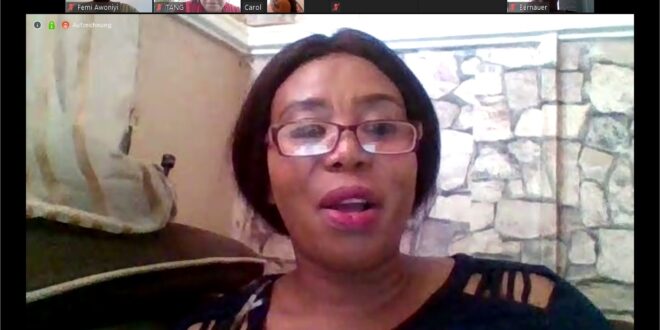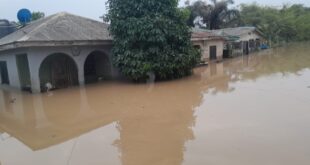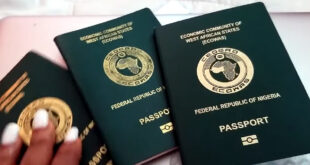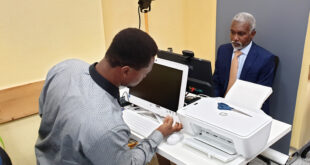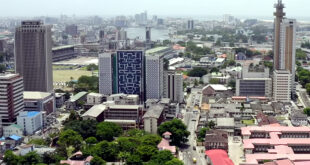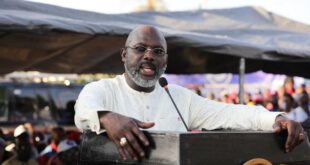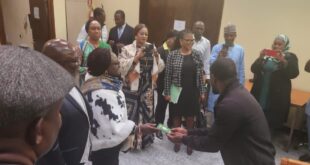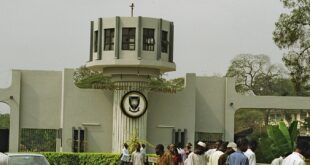An urgent appeal has been made to Nigerians living abroad to help their people at home due to the social hardship caused by government measures to contain the coronavirus pandemic in the country.
The appeal was made on Thursday by Monday Ijeh, a journalist with the News Agency of Nigeria, and Blessing Ehiwario Samuel, who works at the ECOWAS headquarters, while addressing a video conference organised by The African Network of Germany (TANG) on the global health crisis.
The two home-based Nigerians, who joined the virtual meeting from Abuja, spoke about the situation in Nigeria.
“Nigerians are suffering. We need your help,” Ms Samuel said, describing in graphic details the suffering caused by the lockdown in the country. “Show your solidarity with your people in this time of hopelessness,” she fervently appealed to her compatriots living in the diaspora.

Samuel, founder of the humanitarian organisation Blessed Foundation, said efforts of government to cushion the harsh effects of the lockdown measures in the country were grossly inadequate and could even hardly be assessed. “You cannot contradict official claims without data,” she said, explaining that lack of reliable statistics would make the efforts of any public efforts almost impossible to reach the most vulnerable, including the unemployed, widows, orphans, the physically-challenged and poor elderly citizens, especially old women.
Supporting Blessing, Ijeh, a national correspondent of Nigeria’s leading news agency, said the challenges of reaching the poorest of the poor were almost insurmountable because of lack of data. “Government palliatives are not reaching the most vulnerable citizens despite the best intentions of government,” he said, calling on diaspora Nigerians to “come to the aid” of their people at home.
Ijeh appealed to Nigerians abroad to channel their assistance through traditional chiefs, churches and mosques in the country as these would be able to identify those most in need of support in their communities.
“Everybody comes from a village, we can connect with our villages to see how we can help,” Blessing added in support of Ijeh.
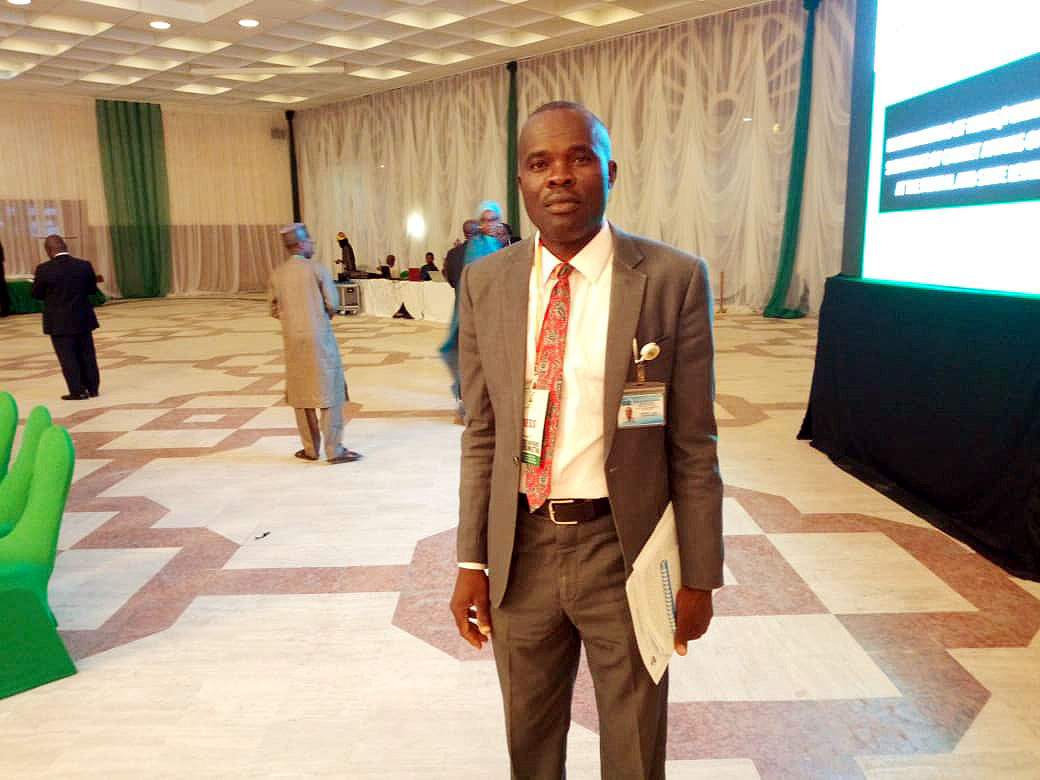
The third participant from abroad, Marianne Bema, who joined from California, spoke on her positive experience channelling assistance through traditional institution in her home country Cameroon. “I contacted the chief of my village and sent some money. They used the money judiciously and even sent me a video of how the money was used,” she reported. “I’m so proud of them.”
“We’ll be remembered by the positive impact we made in our communities, on the lives of our people, and not the houses we built,” Blessing admonished.
In his contribution, the president of the Nigerian Community Germany, David Peters, said the time had come for his countrymen and women to assist compatriots at home. “If every Nigerian in Germany could support people at home, we would have made an impact,” he added.
Opening the conference, Dr Sylvie Nantcha, chairman of TANG, which is currently carrying out a coronavirus sensitisation campaign in the African community, said the diaspora was worried over the situation in Africa.
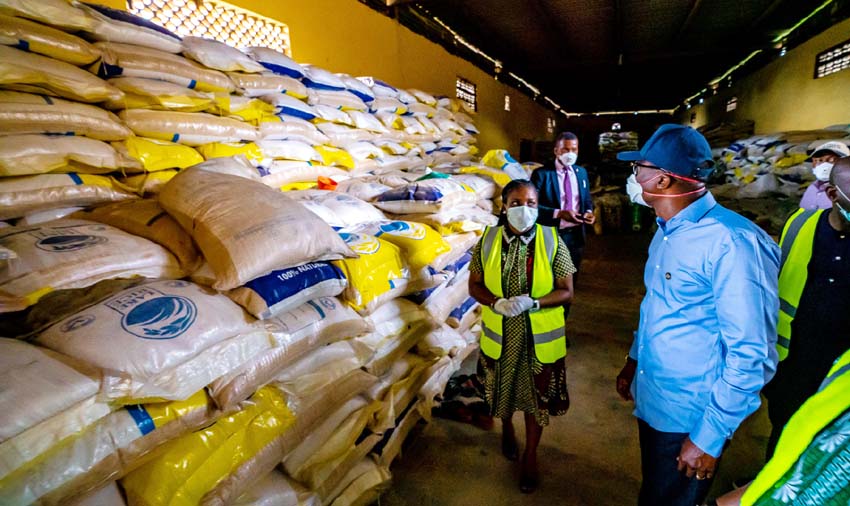
TANG, a network of hundreds of African associations in Germany, invites journalists and civil society activists from Africa to participate in the conference series to gain a first-hand picture of the situation in the continent to enable the diaspora figure out how it could help, she explained. A Cameroonian journalist had also participated at one of the video conferences.
Among other speakers at the 5th crisis video conference of TANG on Thursday were Comrade Eddy Duru of Raduja International and Chief Isiah Illikanu.
Mr Ijeh and Ms Blessing also talked about the challenges of preventing the spread of the coronavirus in Nigeria. These include the difficulty of observing social distancing recommendations, especially in urban areas, and the lack of testing centres in most part of the country. The Nigerian speakers called for international support for their government to strengthen its capacity to contain the pandemic in the country.
As of Thursday, Nigeria had recorded 442 confirmed cases of coronavirus infection, with 152 of those infected having fully recovered after treatment while the disease has claimed the lives of 13 so far.
Femi Awoniyi
READ ALSO TANG calls for continued compliance with updated measures in Germany
 THE AFRICAN COURIER. Reporting Africa and its Diaspora! The African Courier is an international magazine published in Germany to report on Africa and the Diaspora African experience. The first issue of the bimonthly magazine appeared on the newsstands on 15 February 1998. The African Courier is a communication forum for European-African political, economic and cultural exchanges, and a voice for Africa in Europe.
THE AFRICAN COURIER. Reporting Africa and its Diaspora! The African Courier is an international magazine published in Germany to report on Africa and the Diaspora African experience. The first issue of the bimonthly magazine appeared on the newsstands on 15 February 1998. The African Courier is a communication forum for European-African political, economic and cultural exchanges, and a voice for Africa in Europe.

